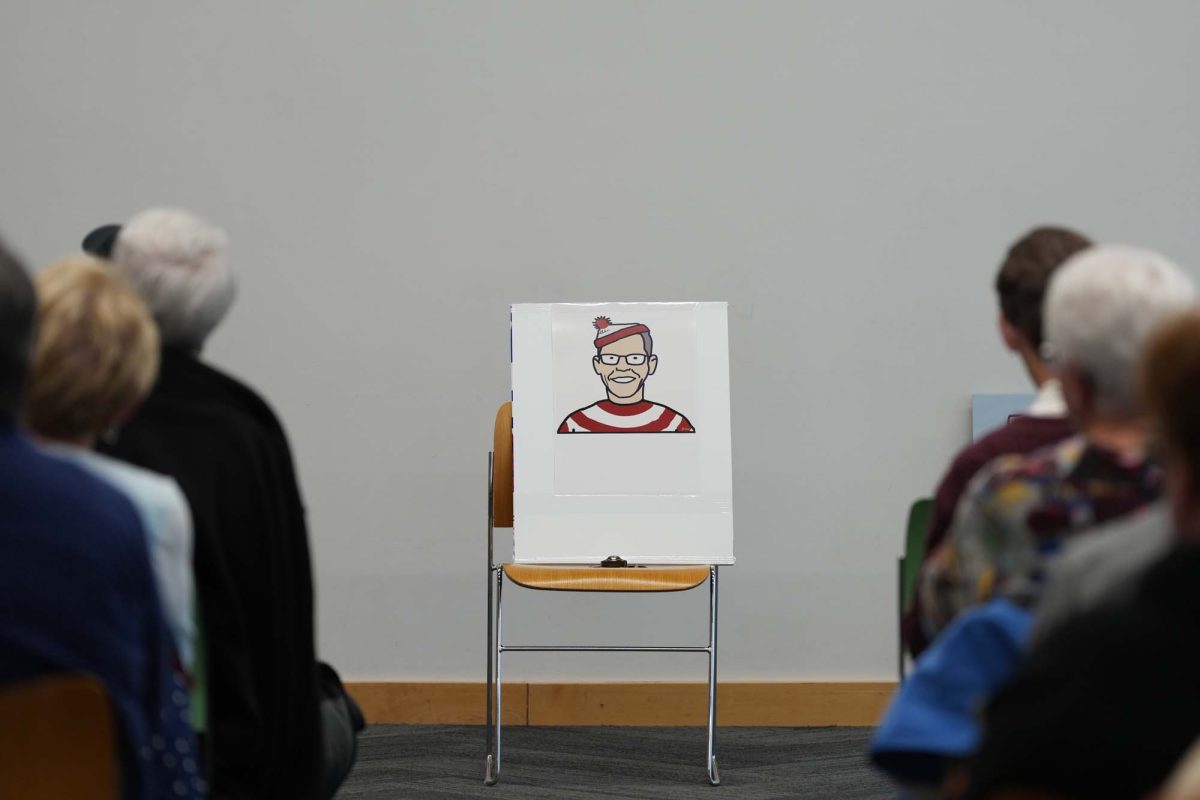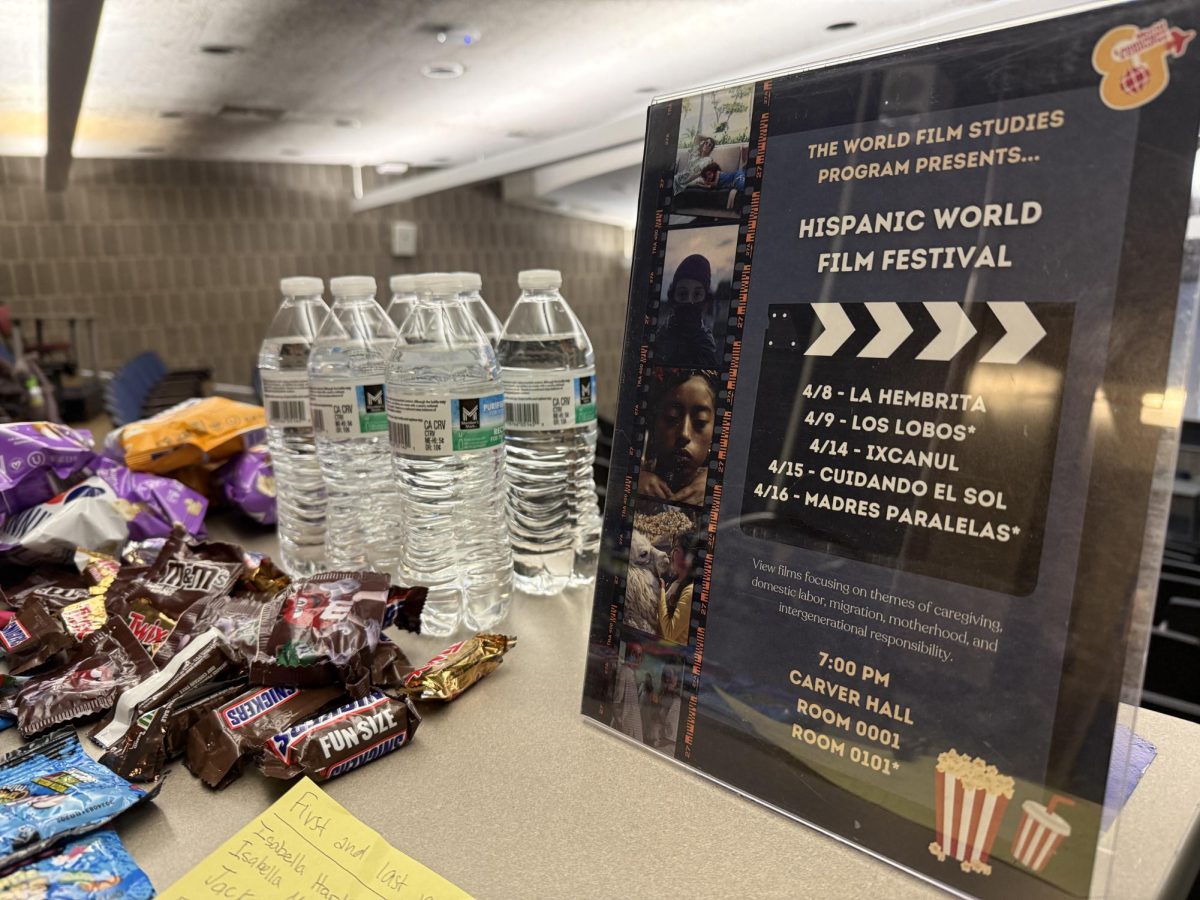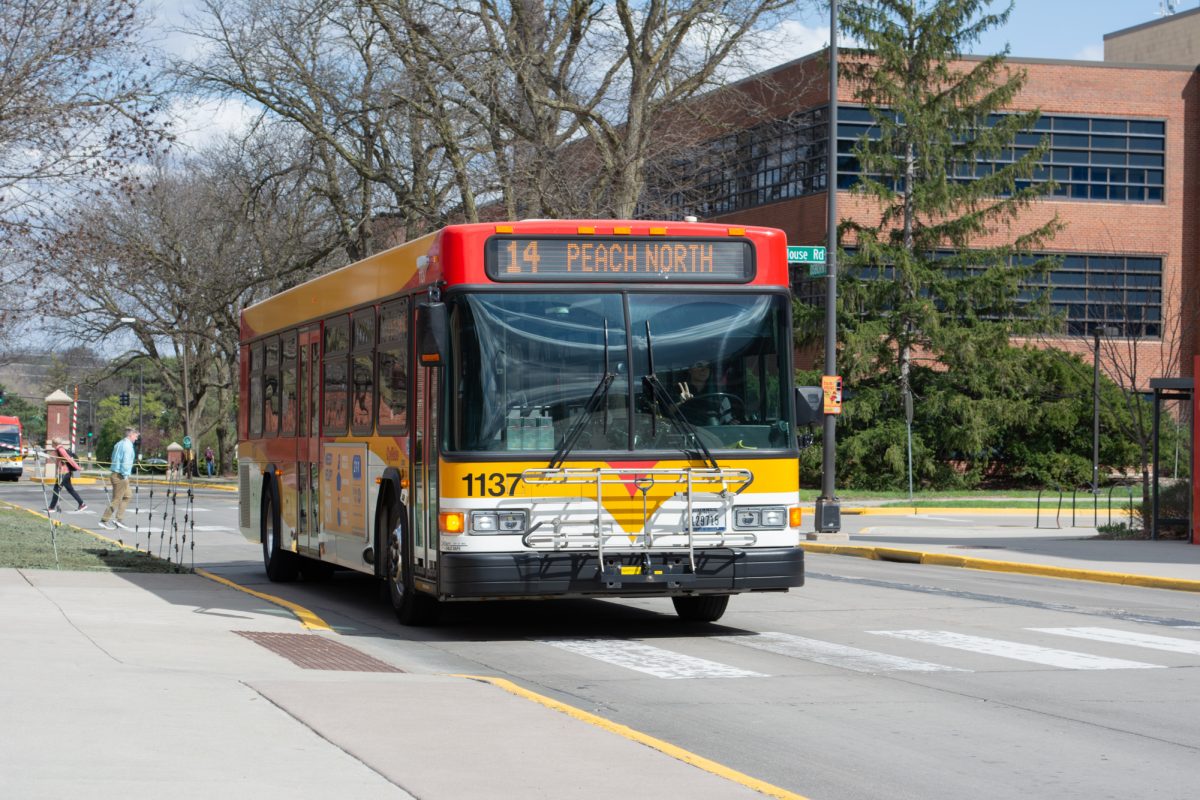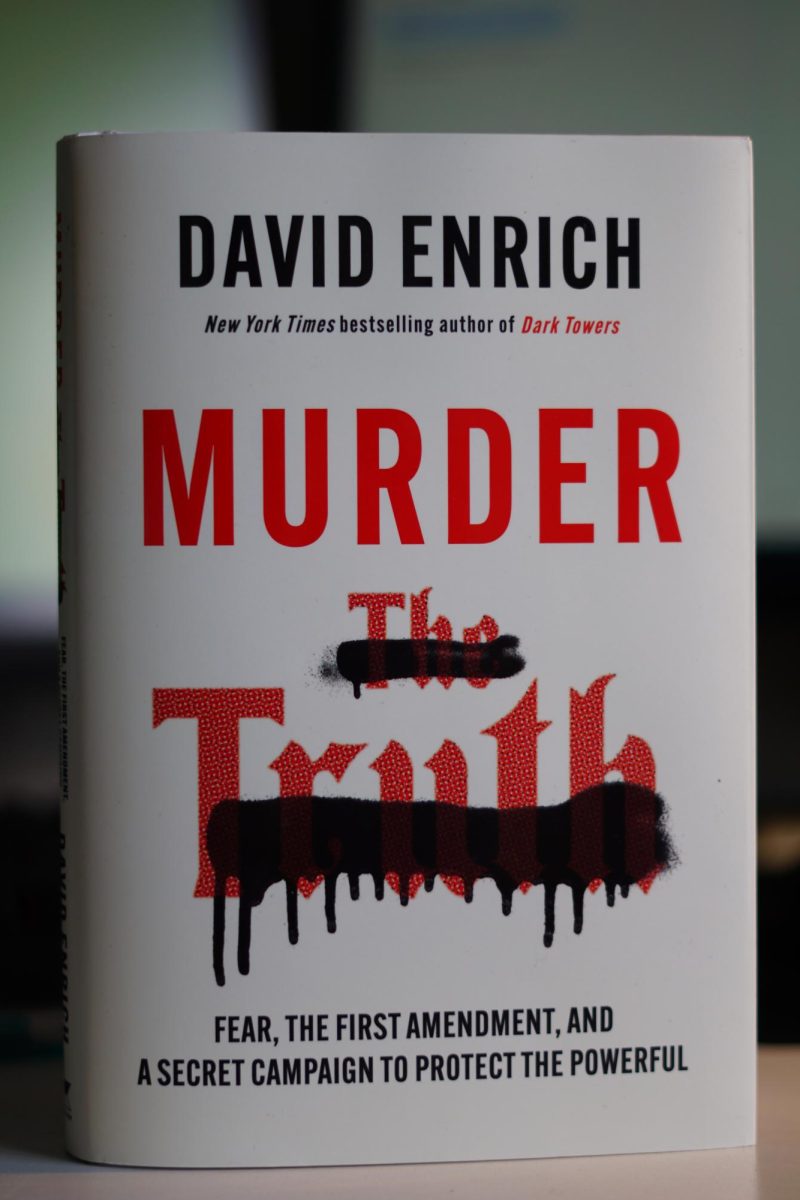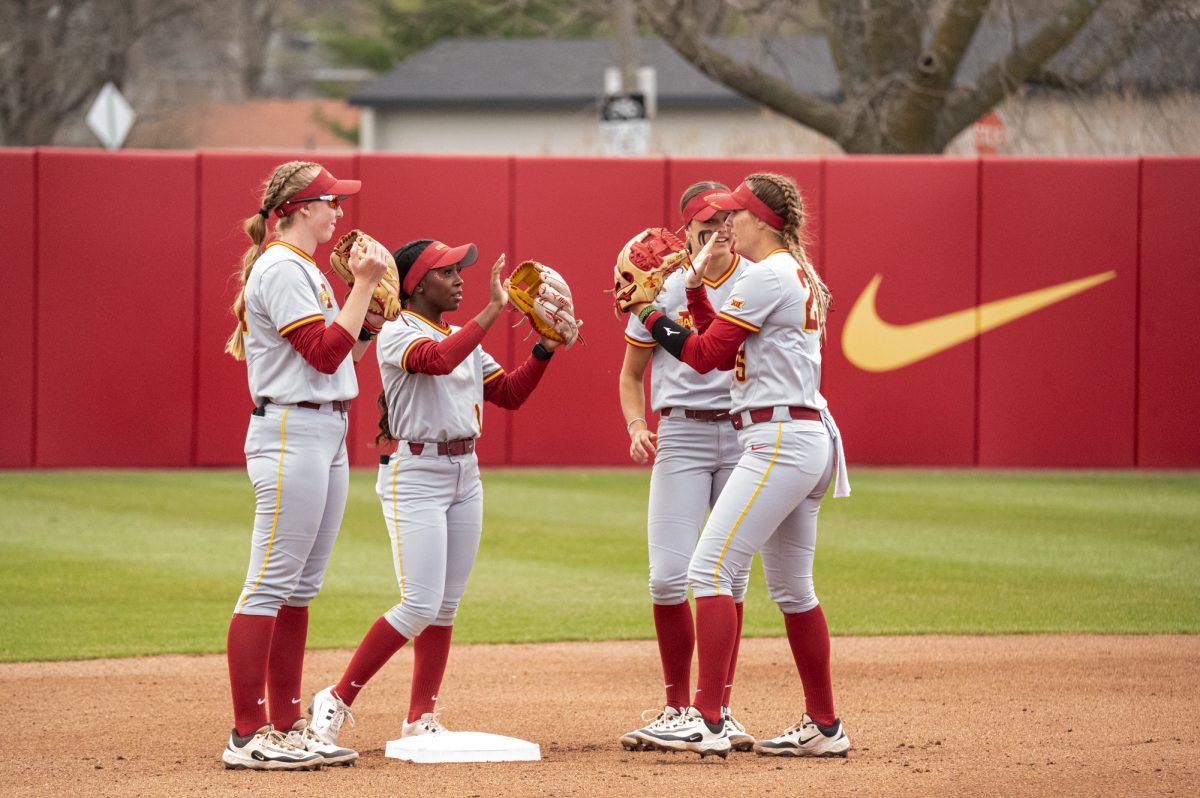The Convention Bump
September 10, 2012
These last two weeks in the world of electoral politics have been mainly composed of policy bashing, character praise, and party pandering as both conventions of the Republican and Democratic Parties came and went in the process of officially nominating their respective candidates for office. In the old days, conventions were seen as the pinnacle of party unity and visibility. However, it can now be disputed that this is really not the case and the nostalgic, grand idea of a political convention appears to have lost somewhat of its zeal.
“Conventions are no longer a big attraction because now there are cable networks, talk radio, and the internet,” said Steffen Schmidt, university professor of political science at Iowa State. “We all know everything beforehand. No surprises. So the conventions are more for party activists, workers, and insiders – to reward them for their work and loyalty.”
Nevertheless, there is still some merit to the political “bump” that is well known to help candidates in the heat of the electoral season, but this is becoming more rare, according to Schmidt.
“Conventions have not given bumps to campaigns for the last two elections,” Schmidt said. “Mr. Romney did not get a boost from the convention, but Obama seems to have.”
This idea of a legitimate boost to either campaign is interesting to note considering that the Obama campaign benefitted from the convention while the Romney campaign did not. During the first two days of the Democratic convention, the Gallup Poll reported that President Obama’s approval rating climbed up to 52 percent, his highest since the killing of Osama bin Laden. However, President Obama did not speak until the last night of the convention as the first two nights were highlighted by speeches from Democratic superstars like San Antonio Mayor Julian Castro, First Lady Michelle Obama, and former President Bill Clinton. On the other hand, the first two nights of the Republican National Convention, people like New Jersey Governor Chris Christie, Ann Romney, and New Mexico Governor Susana Martinez; yet the Romney campaign did not receive a boost in the polls.
In an article on the Huffington Post, Simon Jackman, a professor of political science at Stanford University, created a tracking model to effectively monitor the polls from now until the election. And, according to Jackman, things are looking up for the Obama campaign.
“I estimate that Obama’s current position translates into about 309 Electoral College votes,” Jackman said. “The probability that Obama would win the 270 Electoral College votes or more is about 85 percent.”
Unfortunately for the Republicans, Jackman had grimmer news for the Romney campaign.
“Two “set pieces” of the campaign are behind us: the Veep announcement and the conventions,” Jackman said. “Neither produced a sizable shift towards Romney, at least in the national polling. Romney may be running out of opportunities to sway public opinion his way.”
Indeed, going forward, the General Election is going to be a bit messy with both campaigns pulling out all the stops and using everything in their arsenals to ensure that their candidate secures those swing voters to put them over the edge.


